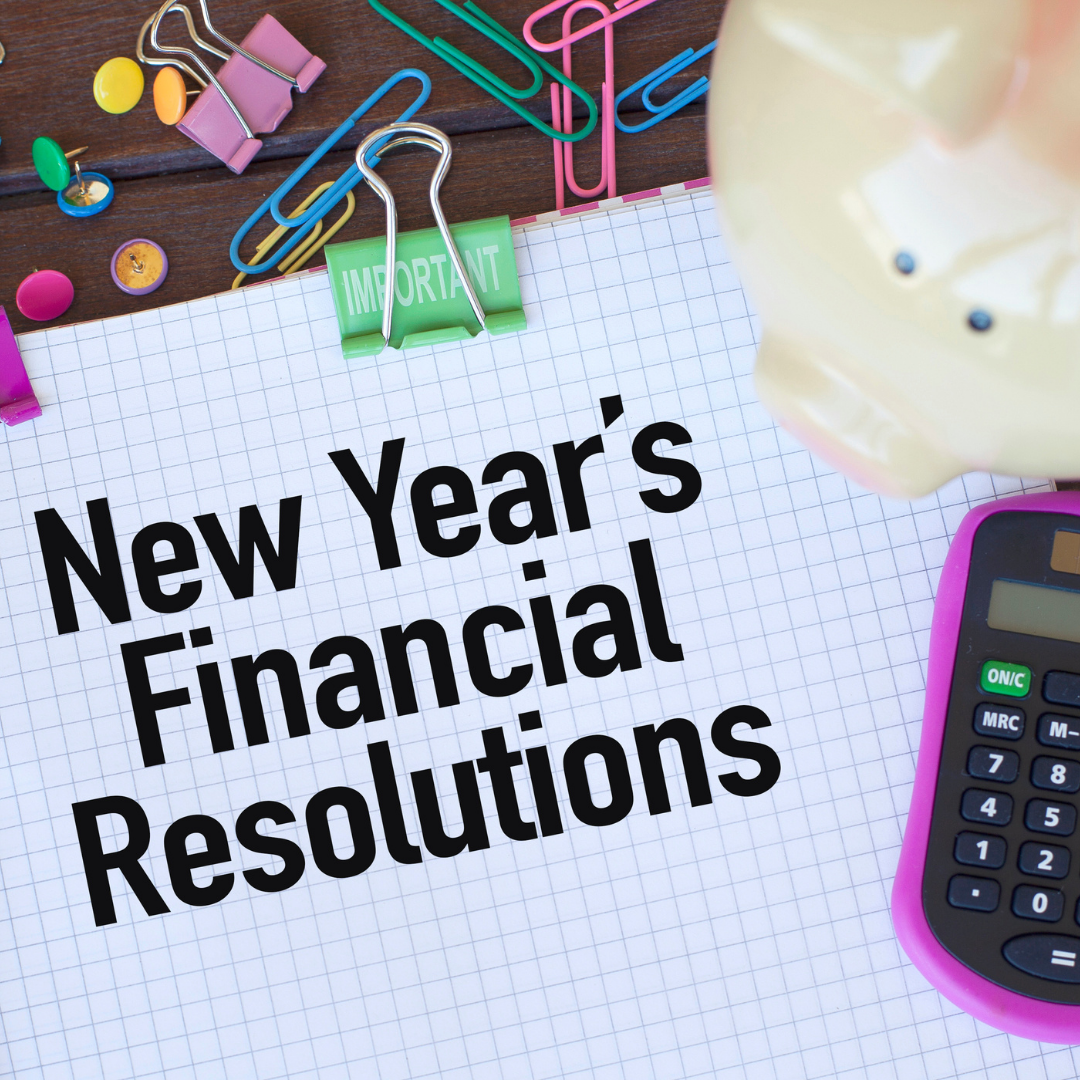Blog


Tuesday
4
JANUARY
2022
Winnipeg Mortgage Brokers Discuss 2022 Financial New Year’s Resolutions

Some people are over the idea of resolutions altogether, but
a new year represents a new opportunity to make a change for the better - why
waste it?
There are plenty of financial tips you can incorporate into
your everyday that can help you save money and pay off debt. The following are
a few building blocks for getting your “financial house” in order to start
seeing some real progress when it comes to spending and saving wisely.
1) Create a Budget
It’s never been easier to create a budget than it is right now. The previous
generation had to write everything down on a notepad – but we have so many
automation tools to help us stay on track.
From budget-inspired Google doc templates to dedicated
budget apps like YNAB (You Need a Budget), you can create and maintain a budget
just as easily as you could post a photo on Instagram.
Keep your debts as a section of your expenses, and
prioritize those payments just as you would your rent and mortgage payments.
Need help figuring out a debt repayment amount that works
for you? Check out a debt calculator (like those on the Credit Canada website)
to help you visualize what debt repayment looks like with different strategies
and amounts.
2) Set Aside Money Every Month
Even if you don’t have a specific goal in mind, it’s always a good financial practice to set aside a little bit of money every month. This
cushion will help you address any unexpected expenses that might be waiting
just around the corner.
Saving money every month helps you tackle new expenses
without sacrificing your debt payment obligations. Nervous that you’ll forget
to move the money? Automation is your friend. Most banks allow you to schedule
automatic fund transfers to a savings account.
3) Chill Out on the Delivery Apps
Let’s say the grocery store closed a bit earlier than usual
this evening, and you didn’t prioritize your trip this week. Oh well, looks
like it’s an Uber Eats kinda night.
Yikes, the deli has a lineup outside because of social
distancing rules. You’re not waiting – Uber Eats again! Next thing you know you
have an extra $300 on your credit card bill at the end of the month. What
gives?
Delivery apps charge way more for food than what you’d pay
at the restaurant itself. And they certainly cost even more than what it costs
to just trek to the grocery store and buy the ingredients to cook a meal at
home.
COVID restrictions forces us to think carefully about our
meal planning, with store hours changing and capacity limits decreasing.
Be intentional with your food spending. Try to plan your
meals ahead of time so you don’t rely on money-guzzling delivery apps like Uber
Eats, DoorDash, or SkipTheDishes.
4) Start Reviewing Your Credit Card Statements
Review your credit card statements every time you receive them. This might be difficult to remember, especially if you receive electronic
statements instead of paper, but it’s important to routinely check your credit
card statements for a couple of different reasons.
Check your credit card statements to be aware of your
financial state, and also to make sure there aren’t any errors. This will help
you identify problem spending and ensure you make your payments on time.
5) Talk to a One Link Mortgage Broker About Your Current Mortgage
Use the start of the new year as an opportunity to check up
on your current mortgage to ensure it reflects your current financial
situation. COVID has affected many parts of life and maybe your mortgage needs
some changes. Mortgage rates are still record-low, so now may be a good
opportunity to refinance and lower your monthly payments or discuss
consolidating debt. To determine what your best mortgage options are, contact a
One Link Mortgage Broker for a complimentary consolation.
With a little bit of planning, you can be financially
successful in 2022. You’ve got this!
Source: Gursh Singh – Credit Canada